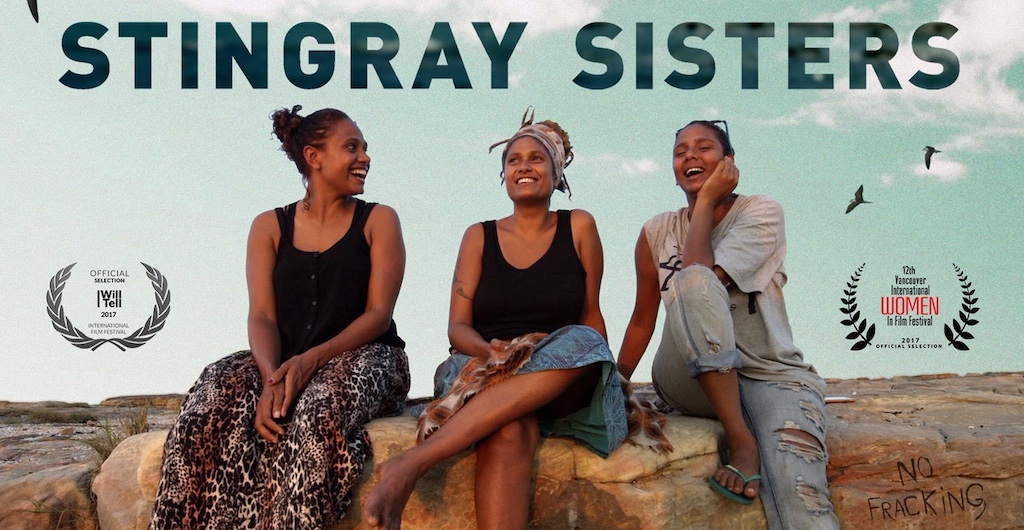
Stringray Sisters documentary poster, photo courtesy Katrina Channells
'We don't need anything more from gas'
Peter Newman is a Professor of Sustainability at Curtin University and founding director of the Curtin University Sustainability Policy Institute. He is the Coordinating Lead Author for Transport with the IPCC, the Intergovernmental Panel on Climate Change. His most recent book, published in 2017, is Resilient Cities: Overcoming Fossil Fuel Dependence, co-authored with Timothy Beatley and Heather Boyer. Peter Newman joined me on Listening Notes to talk about his article Creative destruction: Covid-19 economic crisis is accelerating the demise of fossil fuels, published in The Conversation on August 3rd.
Katrina Channells is a documentary film maker based in Melbourne. Her video production company We Are Yarn, set up with Bridget O'Shea, focuses on films about social justice issues. Katrina joins me on Listening Notes to talk about Stingray Sisters, a documentary on the campaign to prevent fracking along the coast of Maningrida in Arnhem land and the role of the Eather sisters, Noni, Alice and Grace, in that campaign. And a warning to Aboriginal and Torres Strait Islander peoples that this story speaks about and includes the voice of a person who has passed away.
The Stingray Sisters is being screened on Friday, August 28th as a fundraiser for Sue Bolton's re-election campaign to Moreland Council.
You can book on trybooking.com/BKYIJ.